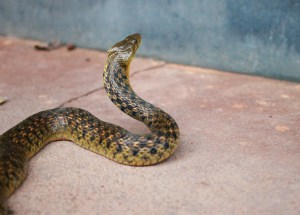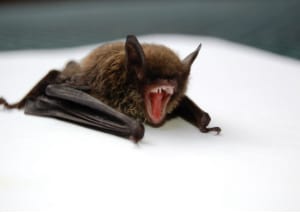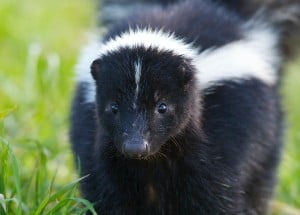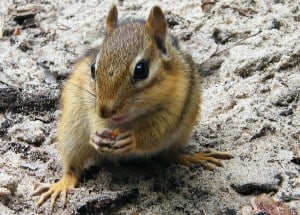Squirrel Poop: How to Identify & Remove It Safely
If you’ve detected a squirrel infestation in your attic recently, be sure that there are loads of squirrel turds around. It could be an ordinary problem, but squirrels are carriers of various diseases, and many of them are transmitted through squirrel poop and urine. This means that you should get ready not only to deal … Read more





